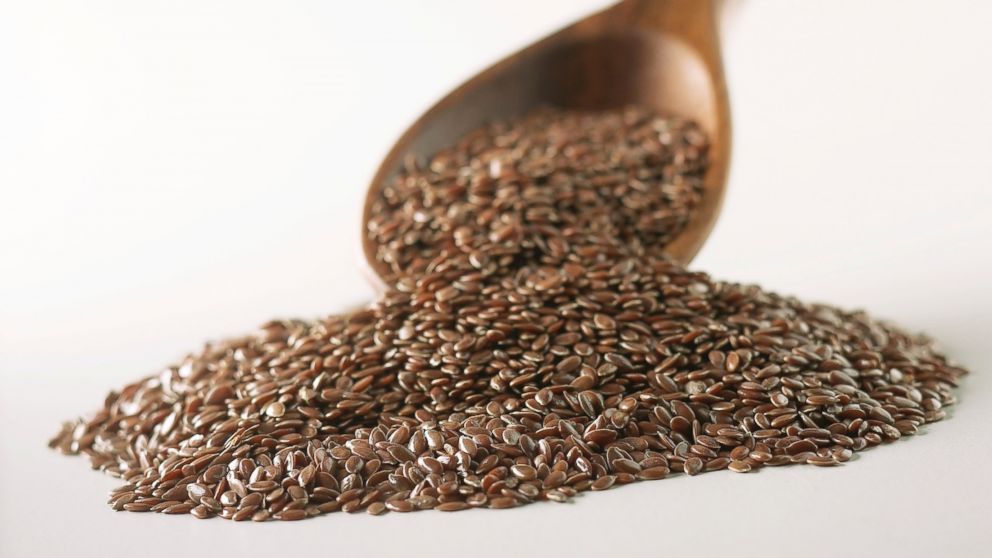10 Foods You're Probably Eating Wrong
Even if you eat plenty of fruits and veggies, that's only half the battle.

— -- intro: Even if you eat plenty of fruits and veggies and already know about the latest and greatest superfoods on the market, that's only half the battle. The other half: understanding how to reap the biggest benefits from all that hard work. We asked a pair of registered dietitians to pinpoint the big mistakes that are preventing you from extracting the most vitamins and minerals from the foods you eat.
quicklist: 1category: title: Flaxseedsurl:text:These little pods have lots of health benefits locked inside of them: they're high in fiber, heart-healthy omega-3s, and lignans, which are phytochemicals that may have cancer-protecting properties. They key word here? Locked. Your body may not be able to digest whole flaxseeds, sprinkling a handful into your morning smoothie or onto your yogurt snack won't get you very far in the nutrient department. According to Katherine Zeratsky, RD, a registered dietitian with the Mayo Clinic, most experts actually recommend eating flaxseeds ground. Buy them pre-ground or throw them in a coffee grinder, spice mill, or a specially designed flax mill so you don't end up flushing the health benefits away.
25 Fattening Foods You Should Never Eat
quicklist: 2category: title: Black teaurl:text:Americans are drinking more tea than ever—almost 20% more than they did in 2000, according to market research. Before you pour yourself another cup, make sure you're not also reaching for milk: Studies have shown that while the addition of dairy to black tea doesn't affect the herbal drink's antioxidants, it does negate any cardiovascular benefits you might have been hoping to reap. Milk proteins can bind with the catechins in tea, which can make the beneficial plant compounds more difficult for the body to absorb.
quicklist: 3category: title: Broccoliurl:text:We totally understand: You can only eat so much raw or steamed broccoli before it gets really boring. But if you want to get the most health mileage from this cruciferous veggie, resist the urge to boil or fry it. Broccoli is loaded with vitamin C, chlorophyll, antioxidants, and anticarcinogenic compounds, and a 2009 Chinese study found that to keep those health benefits intact, steaming is the best cooking method. Boiling and stir-frying were found to cause the biggest loss in nutrients.
quicklist: 4category: title: Strawberriesurl:text:There's nothing quite like biting into those first juicy summer strawberries, especially when you think about all the fiber, antioxidants, and vitamin C each bright-red berry holds. Here's the catch: To get the full spectrum of health benefits, you want to avoid cutting them for as long as possible. Kristy Del Coro, senior culinary nutritionist for SPE Certified, explains that certain nutrients—especially vitamin C—are sensitive to light and oxygen. When you cut into strawberries, you're exposing more cells to those nutrient-deteriorating elements. "That said, if the convenience of pre-cut produce makes the difference between you consuming fruits and vegetables or not, it's still a better option than not eating them at all," she says. "Frozen produce actually retains a lot of nutrients, and it's better for you than eating an out-of-season fruit or vegetable that's traveled a great distance or hasn't been allowed to fully ripen."